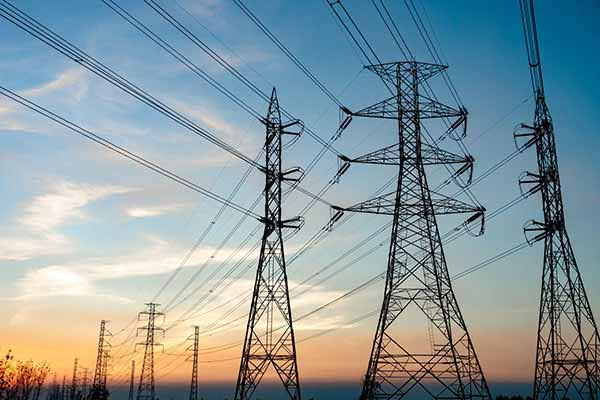In a recent development that could mark a pivotal shift in South Africa’s ongoing power crisis, experts and industry leaders have laid out a roadmap that suggests the possibility of ending loadshedding by the end of 2024. This optimistic outlook hinges on continued energy investments, reforms, and sustained collaborative efforts between the government and the private sector.
James Mackay, CEO of the Energy Council, shared his insights during a webinar organized by Creamer Media, focusing on the “Energy Outlook for 2024.” Mackay highlighted the critical factors that could lead to the cessation of loadshedding, including the stabilization of the energy availability factor (EAF) for Eskom’s coal fleet and the influx of new generation and storage capacities. These new capacities encompass utility and rooftop solar photovoltaic (PV) systems, public and private wind generation, battery storage, and gas, which collectively could address the current generation shortfall.
Despite the historical decline in the EAF, Mackay noted a leveling off since September, indicating a potential turning point if these positive trends continue. The successful mitigation of loadshedding would enable South Africa to focus on building skills, fostering innovation, and scaling up electricity sustainability from 2025 onwards.
However, significant challenges remain, particularly concerning grid capacity and allocation processes. Bernard Magoro, head of the Independent Power Producer Office, identified the grid as a major hurdle, necessitating adjustments to accommodate the evolving market dynamics following the reform in the Electricity Regulation Act in 2021. Eskom’s new curtailment framework, as outlined in its latest Generation Connection Capacity Assessment (GCCA 2025), aims to alleviate some of these grid constraints by allowing for a reasonable share of curtailment, thereby unlocking additional capacity for wind generation in constrained regions.
The government’s Bid Window 7 aims to procure significant capacities of onshore wind and solar PV, yet grid connection capacity remains a bottleneck, particularly in regions rich in renewable resources. The curtailment framework could play a crucial role in enabling these projects to move forward, albeit challenges such as premium pricing and environmental hurdles persist in less developed or environmentally sensitive areas.
To address these and other issues, initiatives such as the establishment of an independent transmission project office and the Energy One Stop Shop are underway, aiming to expedite the procurement of new transmission capacity and streamline the authorization and licensing processes.
The dialogue between government and business, facilitated by the National Energy Crisis Committee (Necom) and spearheaded by President Cyril Ramaphosa, has been a beacon of hope, emphasizing collaboration and direct engagement to overcome the energy crisis. This partnership is critical in tackling grid access bottlenecks, improving contracting processes, and ensuring timely project delivery.
Localisation and skill development are also key areas of focus, with initiatives like Actom’s investment in an artisan training center highlighting the importance of building a skilled workforce and supporting local manufacturing. However, the industry faces challenges in securing the necessary construction professionals and managing logistical issues, such as material congestion at ports.
Despite these challenges, the outlook for South Africa’s energy sector is cautiously optimistic, with a clear need for ongoing collaboration, strategic investment, and comprehensive planning to overcome the hurdles ahead. As the country gears up for significant project rollouts, the focus remains on ensuring that these ambitious plans translate into tangible improvements in energy reliability and sustainability, ultimately leading to the much-anticipated end of loadshedding and a brighter energy future for South Africa.



